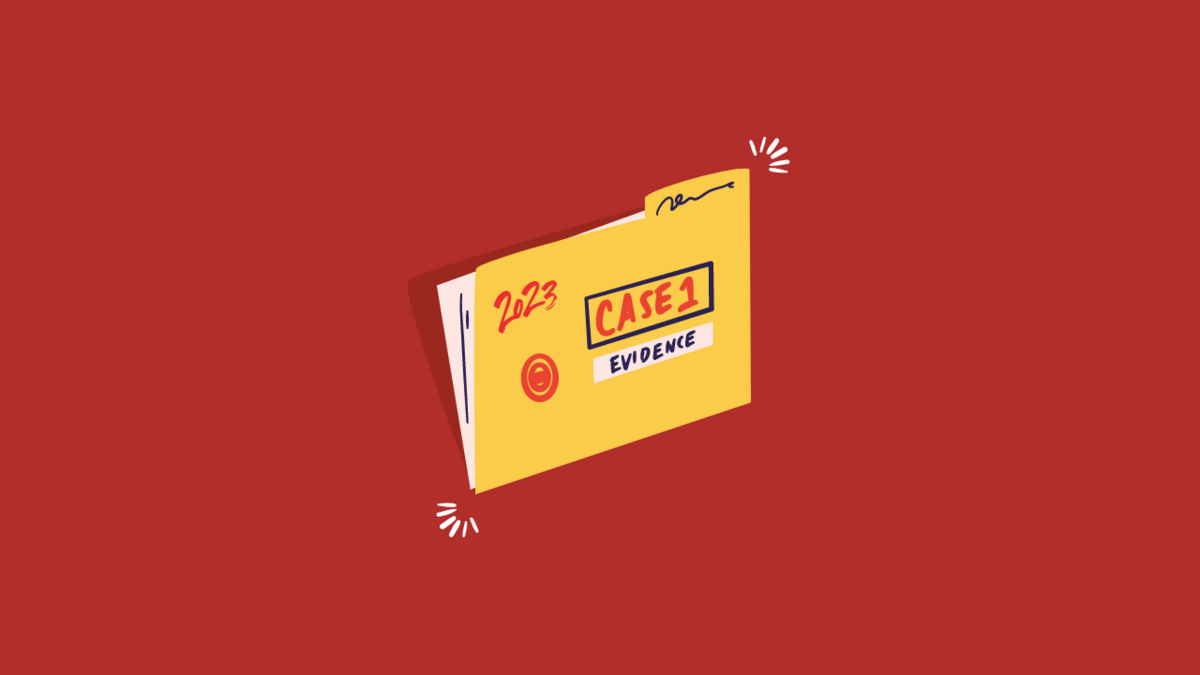The Top Court Cases and M&A Trends of 2023

The Top Court Cases and M&A Trends of 2023
We discuss the Top Court Cases of 2023, and the future of the UK M&A market.
Hi ZipLawyer! I'm Ludo Lugnani and this is ZipLaw. This is a subscriber-only newsletter called ZipLaw Tracker where we cover court cases and deals which law firms have been advising on to help you stand out in applications and interviews!
Note: As this is the first Tracker newsletter of the Year, I'm covering the top court cases that are coming our way in 2023, together with a review of the M&A market trends. We will be back to our usual analysis of court cases, and deals law firms act on next week!
Today's newsletter is a ~12 min read:
- ⚖️ In Court: The Top Court Cases of 2023, and why they matter
- 🤝 Deals Time: A review of the M&A market, and what it means for law firms and their clients
⚖️ Top Cases
What's bad faith?
The Supreme Court will decide a case to determine what "bad faith" means in the context of trade mark registration. Bad faith can be quite broad, but essentially it refers to the intention to deceive or mislead someone in the process of obtaining a trade mark. This can include registering a trade mark with the intention of preventing someone else from using it or registering a trade mark that is similar to an existing trade mark in order to profit from the goodwill or reputation of that trade mark.
The Supreme Court will consider whether Sky acted in bad faith when it registered trade marks for a bunch of different goods and services that it doesn't actually deal in. SkyKick, the opposing party, is arguing that Sky did act in bad faith. However, the Court of Appeal reversed a previous decision that said Sky's trade marks were invalid because of bad faith.
Why does this matter?
- The decision made by the UK Supreme Court will determine the validity and scope of Sky's trade marks and could have consequences for Sky's ability to enforce its intellectual property rights.
- If the court decides that Sky acted in bad faith when registering its trade marks, it could potentially weaken the protection provided by those trade marks and make it easier for others to use Sky's brand names, logos, and other distinctive elements.
- This decision could also have wider implications for the law surrounding bad faith in trade mark registration in the UK, potentially affecting how easily trade marks can be obtained and how much protection they offer to the companies that hold them.
- On the other hand, if the court decides that Sky did not act in bad faith, it could have the opposite effect and potentially strengthen the protection provided by Sky's trade marks.
- The legal implications of the case will depend on the decision made by the UK Supreme Court, which is expected to be handed down in June.
⚖️ Top Cases
Can AI be an inventor?
A researcher named Stephen Thaler is appealing a decision that held that a computer system cannot be listed as an inventor on a patent in the UK. The case involves two patent applications filed by Thaler in 2018, one for an invention used to contain food and another for a flashing beacon for emergencies.
Subscribe to ZipLaw+ to read the rest.
Become a paying subscriber of ZipLaw+ to get access to this post and other subscriber-only content. Upgrade
A subscription gets you:
✓ Exclusive Newsletters with my best stories to discuss in interviews and applications
✓ Unlimited Access to ZipTracker Database
✓ No ads
✓ Support what we do and keep us going!






